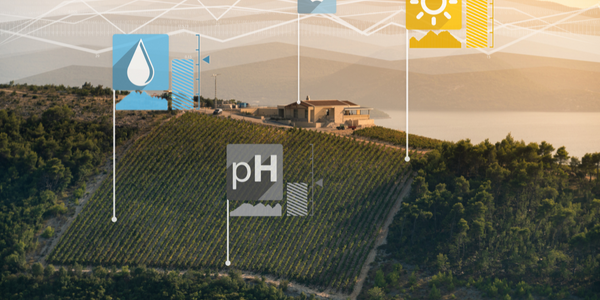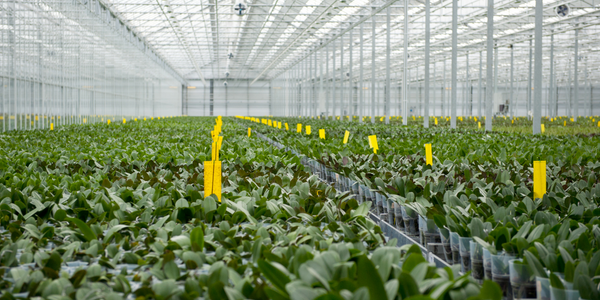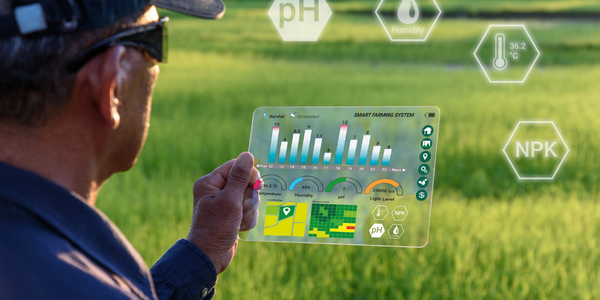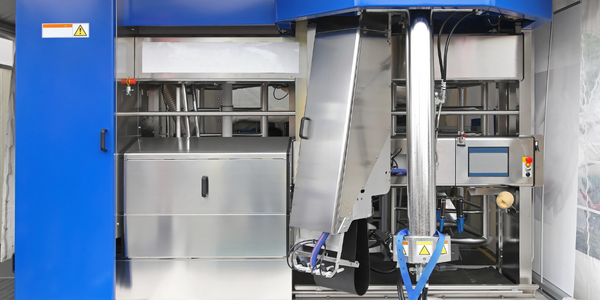Applicable Industries
- Agriculture
- Education
Use Cases
- Farm Monitoring & Precision Farming
- Virtual Training
Services
- Training
About The Customer
Little Freddie is a premium organic baby food brand that specializes in supplying and distributing baby food products to retailers across the globe. Their current portfolio is comprised of over 70 EU certified organic products including fruit and vegetable purees, meals, snacks, and cereals. The company joined Sedex in 2018 to ensure they were partnering with reputable suppliers that would not only meet legal requirements but also share their values on enhancing the welfare of workers and safeguarding good working conditions.
The Challenge
Little Freddie, a premium organic baby food brand, was seeking to partner with reputable suppliers that not only met legal requirements but also shared their values on enhancing worker welfare and safeguarding good working conditions. The company used Sedex's risk assessment tool, Radar, to review countries' inherent risk ratings and identify specific risks when sourcing from these countries. The tool helped Little Freddie identify its Madagascan pineapple supplier, HavaMad, as a high-risk due to its location and the economic difficulties affecting businesses across Madagascar. The challenge was to reduce this risk and ensure a sustainable and ethical supply chain.
The Solution
To address the identified risk, Little Freddie initiated a three-year project in November 2019 to train smallholder farmers in good agricultural practices and innovative techniques. The goal was to employ more sustainable farming methods that could potentially increase yields from 3 tonnes-per-hectare (T/ha) to more than 60T/ha. Farmers underwent training on how to increase the quality and quantity of production through workshops and practical field training across three demonstration plots built as part of the project. Little Freddie aimed to ensure that over 80% of the farmers understood what they had learnt and for 50% of them to apply the new skills and knowledge to their own farming practices.
Operational Impact
Quantitative Benefit

Case Study missing?
Start adding your own!
Register with your work email and create a new case study profile for your business.
Related Case Studies.

Case Study
Intelligent Farming with ThingWorx Analytics
Z Farms was facing three challenges: costly irrigation systems with water as a limited resource, narrow optimal ranges of soil moisture for growth with difficult maintenance and farm operators could not simply turn on irrigation systems like a faucet.

Case Study
Greenhouse Intelligent Monitoring and Control Solution
Farming Orchids is the most successful form of precision farming in Taiwan, and also the most exported flower. Orchids need a specific temperature and humidity conditions to grow and bloom, and its flowering time may not be in line with market demands, so the price collapses when there is overproduction. Therefore, some farmers began to import automated greenhouse control systems for breeding and forcing, which not only improves quality, but also effectively controls the production period and yield to ensure revenue. In 2012, an orchid farmer built a Forcing Greenhouse of about 200 pings (approximately 661 Square Meters) in Tainan, Taiwan. The system integrator adopted Advantech’s APAX-5000 series programmable automation controllers to build the control platform, coupled with Advantech WebAccess HMI/SCADA software, to achieve cloud monitoring. The staff of the orchid field can monitor important data anytime via smart phone, iPad, and other handheld devices, and control the growth and flowering conditions. System requirements: In the past, most environmental control systems of orchid greenhouses in Taiwan used PLCs (Programmable Logic Controller) with poorscalability and control, and could not be connected to the Internet formonitoring from the cloud. For advanced database analysis and networking capability, the PC platform must be adopted. Therefore, PAC Systems (Programmable Automation Controller) with both PLC programming capabilities andPC functions is a better choice.The environmental control of the Orchid greenhouse switches on and off devices like fan, shade net, cooling/heat pump, liquid flow control, water-cooling wall etc. It is controlled by a control panel of electric controllers, and is driven by a motor, to adjust the greenhouse temperature, humidity, and other environmental conditions to the set parameters.

Case Study
Precision beekeeping with wireless temperature monitoring
Honeybees are insects of large economic value and provide a vital service to agriculture by pollinating a variety of crops. In addition, bees provide us with valuable products such as honey, beeswax, propolis, bee venom, etc. Monitoring of honeybee colony health, population, productivity, and environmental conditions affecting the colony health have always been exceedingly difficult tasks in apiculture. Research has shown that even small deviations (by more than 2°C) from the optimal temperatures have a significant influence on the development of the brood and the health of adult bees.

Case Study
Enabling Internet of Things Innovation in Agriculture
DigiBale, wanted to apply technology know-how and IP from implementations successfully to more agriculture sectors including cotton, forestry, sugarcane and cattle. However, farmers and growers still have worries about the connected technology.









